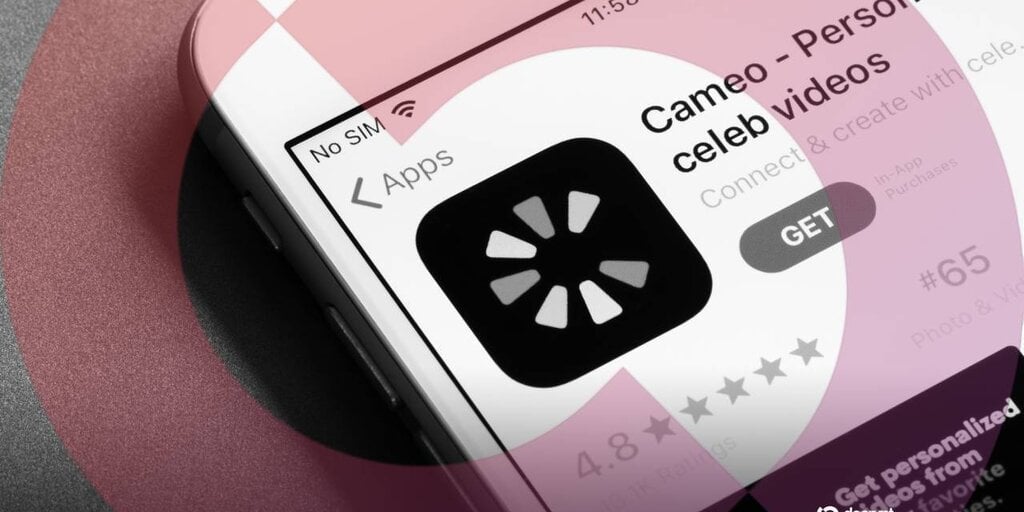
In a significant legal development, celebrity video platform Cameo has achieved a temporary victory in its ongoing trademark dispute with AI giant OpenAI. A federal judge has issued a temporary restraining order barring OpenAI from using the term ‘Cameo’ or any confusingly similar labels for its Sora AI video generation feature.
Background of the Case
Baron App Inc., the parent company of Cameo, filed a lawsuit against OpenAI in October, alleging trademark infringement, trademark dilution, and unfair competition. According to Cameo, OpenAI’s revamped Sora 2, a text-to-video system, uses the term ‘Cameo,’ misleading customers and creating confusion with its longstanding personalized video platform. Cameo facilitates authentic celebrity-created video messages, and this overlap has reportedly caused several instances of consumer confusion between the two services.
Details of the Restriction
U.S. District Judge Eumi K. Lee of the Northern District of California granted the restraining order, effective until December 22, with a hearing for a preliminary injunction scheduled for December 19. The decision prohibits OpenAI, along with its employees and affiliates, from using ‘Cameo’ or any similar terminology like ‘Cameos,’ ‘CameoVideo,’ or ‘Kameo’ within its Sora AI video generation tools in the United States.
According to Steven Galanis, Cameo’s co-founder and CEO, the company is optimistic about reaching a permanent resolution. He stated on social media, “While the court’s order is temporary, we hope that OpenAI will agree to stop using our mark permanently to avoid further harm to the public or Cameo.”
The Broader Context
The temporary order comes amidst mounting legal challenges faced by OpenAI in recent months. The AI company is also involved in other lawsuits, including complaints from authors accusing OpenAI of copyright violations, and antitrust cases tied to alleged monopolization practices in partnerships with Apple.
OpenAI had introduced the Sora 2 platform earlier this year, billing it as a next-generation tool capable of creating AI-generated videos mimicking celebrity likenesses. However, Cameo argues that OpenAI’s use of its trademark undermines the value of its authentic offerings and directs consumers away from its decades-established brand.
Implications for the Industry
The outcome of this case could set a significant precedent for the intersection of AI innovation and intellectual property rights. As the AI sector rapidly evolves, brand protection and trademark disputes are emerging as critical areas of contention.
Related Product Spotlight
As you explore personalized video creation tools, check out the Cameo platform, which allows users to connect with celebrities for custom videos. Whether you’re planning a unique gift or a branded message, Cameo’s authentic talent offerings stand apart from AI-driven alternatives.



